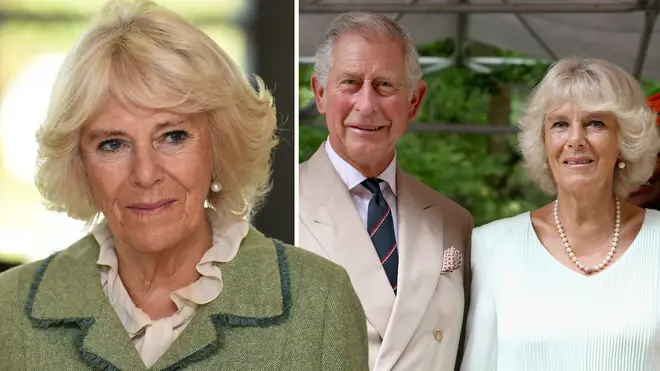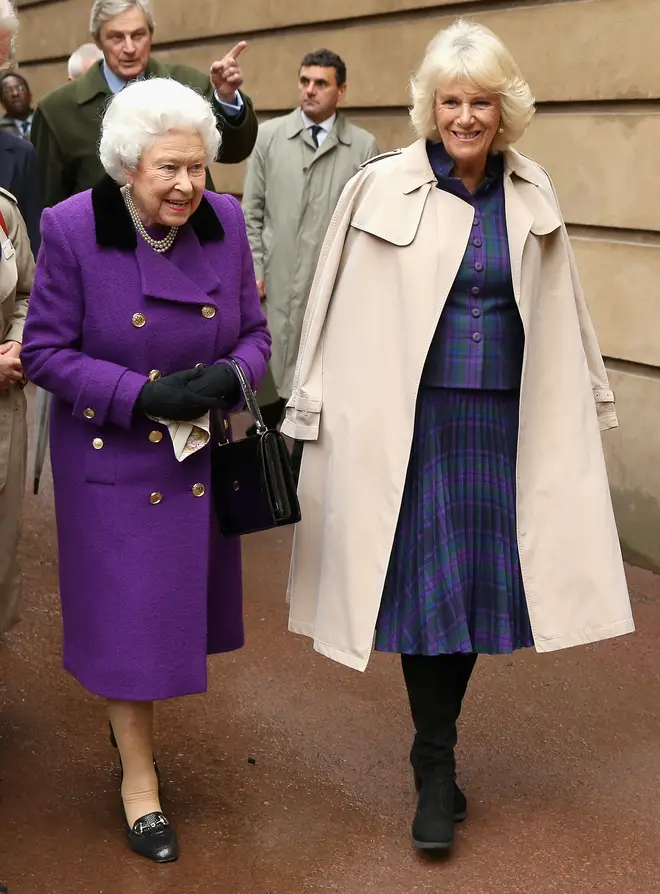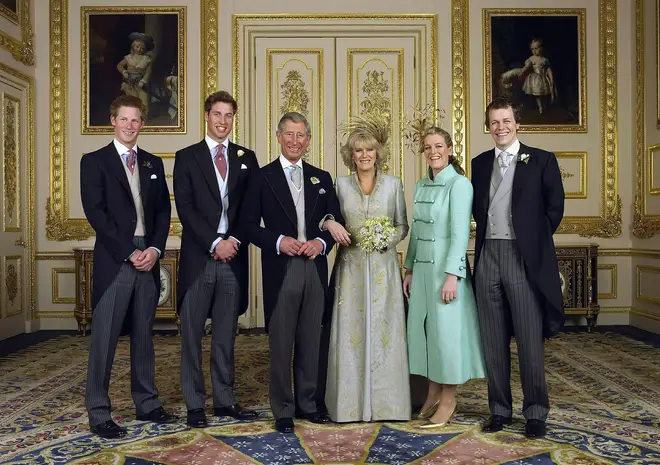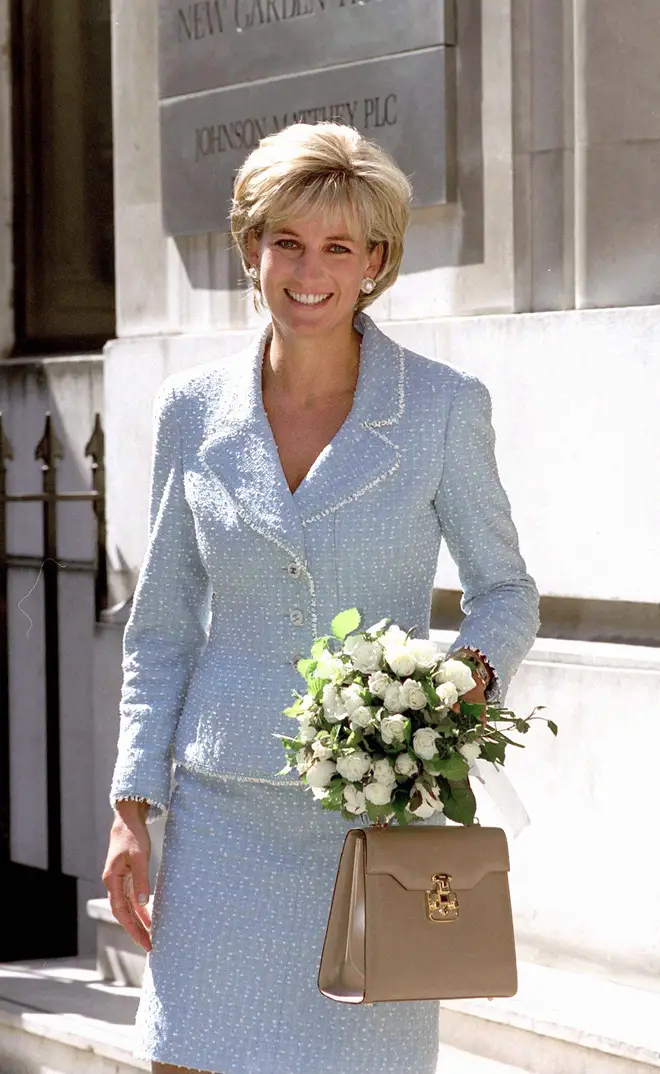Camilla has another royal title she's refused to use for 17 years
9 February 2022, 15:27 | Updated: 21 February 2022, 15:00

Camilla became the Duchess of Cornwall when she married Prince Charles in 2005, but she was entitled to another title.
Listen to this article
Camilla, the Duchess of Cornwall, is set to become Queen Consort when Prince Charles accedes the throne.
The announcement regarding the future of the Monarchy was made over the weekend in a statement from the Queen, where she said it was her "sincere wish" that her daughter-in-law take on the role.
And while Queen Consort is a huge honour, Prince William and Prince Harry's stepmother technically holds another very important title – Princess of Wales.
It is royal tradition that when a woman marries a male member of the royal family, they take on a version of their husband's title.
- Prince William 'supportive' of Queen's decision to make Camilla Queen Consort
- Why Camilla being given the title of Queen Consort was not expected
- All the most important dates of the Queen's Platinum Jubilee

For example, when Kate Middleton married Prince William, she became the Duchess of Cambridge. In the same way, when Meghan Markle wed Prince Harry, she became the Duchess of Sussex.
The title of Princess of Wales was taken on my Prince Charles' first wife, Princess Diana, when they married in 1981.
But when Camilla wed Charles, she opted to take on the female version of another one of his titles; the Duchess of Cornwall.

This decision is believed to have been made in a bid to avoid riling up bad feelings towards Camilla as the last person to hold the title of Princess of Wales was Diana.
Marlene Koenig, royal expert and author of the blog Royal Musings, told Town & Country: "Camilla was not popular or well liked, [though] this has changed a lot since the marriage as Camilla has taken on a lot of patronages and Charles is a lot happier.
"Still, [there was] a lot of tension and anger among a certain element of the population—so it was decided that Camilla would be styled as the Duchess of Cornwall, even though, of course, she is the Princess of Wales."

In recent years, people have speculated what title Camilla would take on when Prince Charles becomes King.
For sometime, it was thought that she would become Princess Consort, however, this was overruled recently with the Queen's approval.
Read more Royal news:
- Why Prince William and Kate Middleton don't kiss and hug in public
- Queen Elizabeth II's most memorable moments in pictures
- Little girl gets a letter from Windsor Castle after dressing up as the Queen












